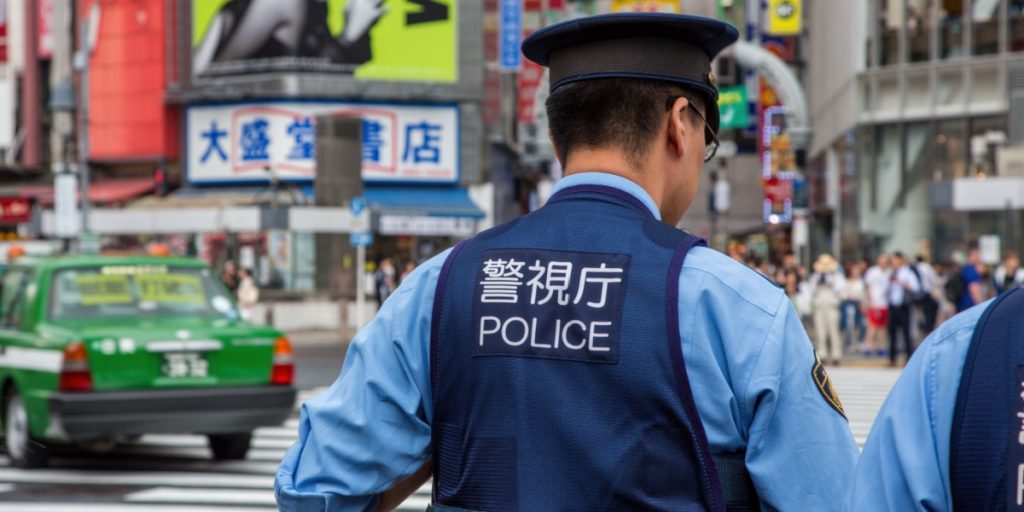Tokyo police arrested four suspected yakuza members.
Others are reading now
In a case that might sound more bureaucratic than bloody, four men aged 55 to 77 have been arrested in Tokyo for running a yakuza office within 200 meters of a library.
While the yakuza — Japan’s infamous organized crime syndicates — are known for their tattoos, rigid codes, and illicit operations, this case highlights how modern law enforcement in Japan increasingly targets their logistical and administrative operations, not just their criminal acts.
This was reported by CNN World.
Crime by Proximity
According to a statement by Tokyo police, the men “conspired to operate an office from June 2024 to February 2025, despite the fact that the area was within a restricted 200-meter radius of a library.”
Also read
One of the suspects, a 77-year-old man, is said to be affiliated with the Sumiyoshi-kai, Japan’s second-largest yakuza group.
Under Tokyo’s organized crime exclusion ordinances, yakuza offices are banned from operating near sensitive community locations such as schools, child welfare centers, museums, community halls, family courts, and libraries.
These rules are part of a long-standing effort to eliminate organized crime from public life by cutting off access to community spaces, services, and economic footholds.
From Power Players to Property Problems
Once boasting over 184,000 members in the 1960s, Japan’s yakuza groups have dwindled to a record low of 18,800 members as of 2024, according to Japan’s National Police Agency (NPA).
Increased regulation has made it illegal to:
- Recruit new members
- Pay off gang members for services
- Share profits
- Sign contracts with them
- Even rent apartments or buy cell phones
In Tokyo, even leasing an office in the wrong place can bring criminal charges.
Despite their shrinking presence, yakuza groups like the Sumiyoshi-kai and Yamaguchi-gumi are still visible — many are registered with the police, and their office addresses are public information.
The Sumiyoshi-kai’s headquarters, for example, is located in the affluent Akasaka district, just blocks from the Japanese Parliament.
Modern enforcement increasingly focuses on compliance rather than confrontation.
In April 2025, even the Yamaguchi-gumi — Japan’s largest syndicate — pledged to end its feud with a rival group, delivering a handwritten letter to police vowing to “never cause any trouble” again.
As for the recent arrests, no charges related to violence or traditional criminal activity were announced.


